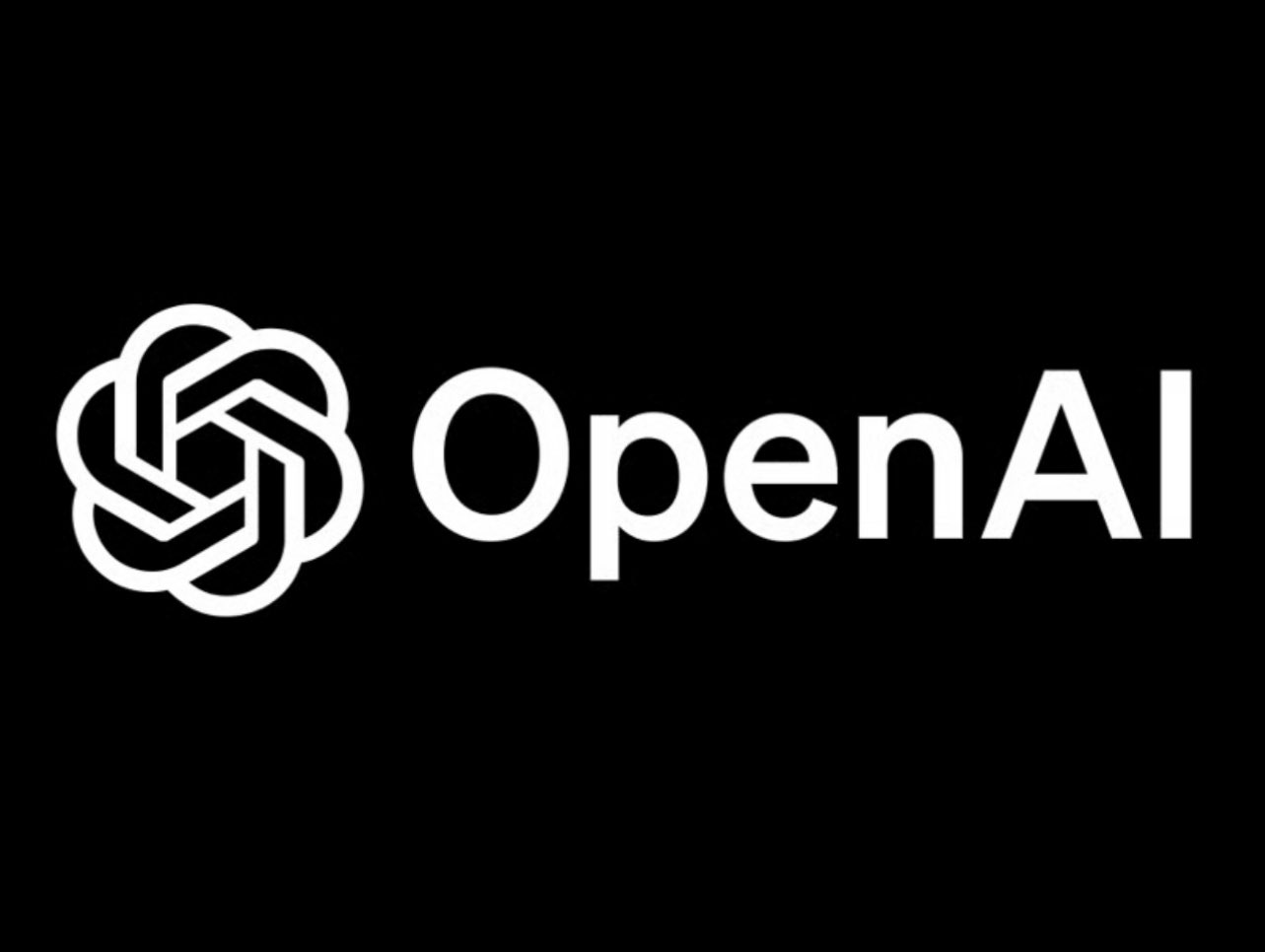Controversy Swirls Around CFPB Changes by Trump and Musk
Recent developments in the United States have sparked debates about the future of the Consumer Financial Protection Bureau (CFPB) amidst controversial decisions and actions by the Trump administration and Elon Musk.
Published February 10, 2025 - 00:02am

Image recovered from townhall.com
The Consumer Financial Protection Bureau (CFPB), an agency born from the financial turmoil of the 2008 crisis and aimed at safeguarding consumer interests, stands at the crossroads of a major bureaucratic and ideological shift under the Trump administration. The recent series of events, triggering waves of protest and support, has left many questioning the future trajectory of consumer protection in America.
In a bold move, the Department of Efficiency (DOGE), orchestrated by Elon Musk, has been granted entry into the CFPB, sparking significant apprehension among the bureau's employees. This entry came on the heels of President Donald Trump dismissing Rohit Chopra, the former CFPB Director, leading to the installation of Scott Bessent as the acting head. This decision by Trump came during his tenure, where he was known to advocate for streamlining federal agencies and cutting what his administration deemed excess regulation.
The concerns of the CFPB's employees union, NTEU 335, were palpable when they took to the streets to voice their opposition, reinforcing the urgency to protect not just their jobs but also the integrity of national consumer protection services. Reports have suggested that Musk's allies within the CFPB could have potentially sensitive access, raising fears of deep-cut ramifications on the agency's operations and transparency.
Furthermore, directives from Russell Vought, the new Director of the Office of Management and Budget under Trump, have called for a cessation of CFPB activities—from halting new investigations to suspending pending rules. This has intensified the discourse on whether the reductions align with the populist promises of alleviating burdens on working families or simply a façade for regulatory dismantling that could pave the way for unchecked corporate behavior.
The CFPB was originally conceived under President Barack Obama, with the intent to stand as an autonomous regulatory body, shielded from political influences by drawing its funding from the Federal Reserve. Advocates of the bureau argue that its establishment was pivotal, citing its success in delivering nearly $20 billion in financial relief to American consumers.
However, the changes now threaten its framework, with proposals under Musk's vision positioning the bureau for possibly radical restructuring. His previous calls to eradicate the CFPB altogether have garnered mixed reactions, resonating with Republican lawmakers who have long sought its dissolution. Yet, consumer advocates and civil rights groups worry that this could leave the financial industry with free rein, potentially revisiting the abuses that led to its crisis-driven creation.
Amidst these developments, the legal and procedural avenues remain a battlefield for both critics and supporters. As the budget resources and strategic focus continue to shift, the tangible impacts on the CFPB's ability to oversee fair lending, financial product transparency, and consumer rights protections hang in the balance.
Globally, this dynamic underscores a broader narrative of governmental shifts toward efficiency versus traditional regulatory safeguards. The U.S. political climate remains sharply divided on the role of federal oversight, reflecting deeper ideological divisions that could shape fiscal policy and consumer welfare for years to come.
As discussions continue, and while the legal challenges loom, the fate of the CFPB and its mission stands at a pivotal juncture. The discourse around its restructuring speaks to larger questions about transparency, accountability, and the balance between fostering business innovation and protecting citizens from systemic financial risks.







